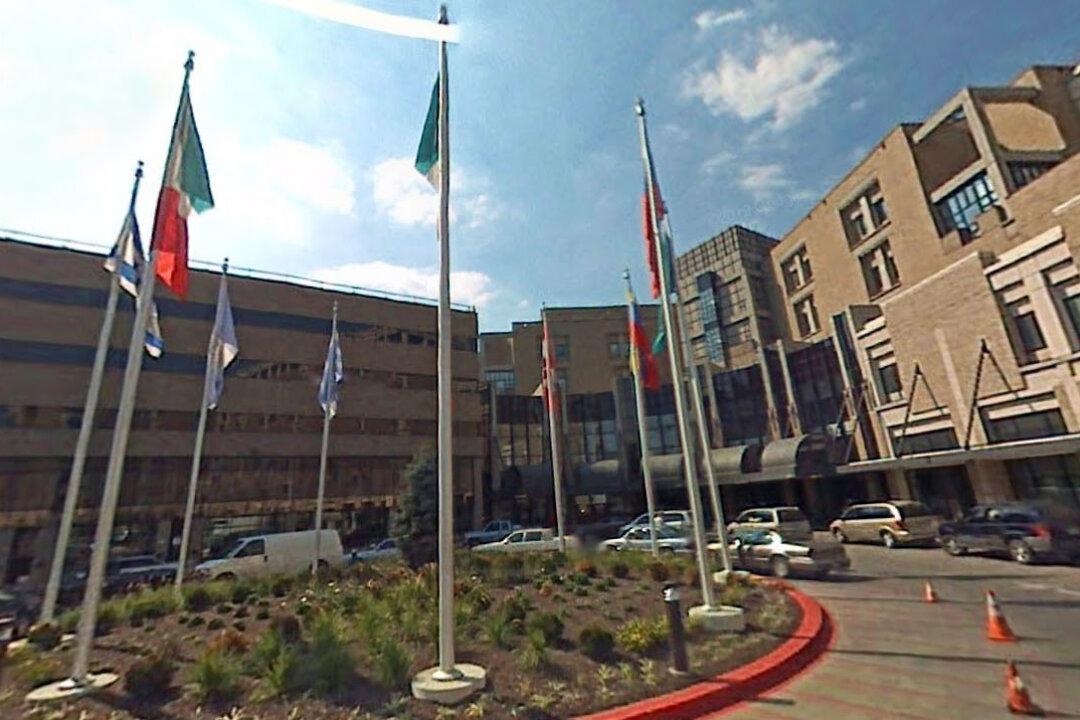A Missouri mother who spent more than one month in the hospital said she lost all 10 toes, a hand, and several fingers on the other hand.
Racheal Acuff, who was reportedly hospitalized in June 2018, first noticed blood in her urine. She said, “I had no symptoms of pneumonia and I only knew of the kidney infection when I peed blood,” according to The Sun.






